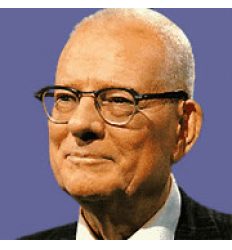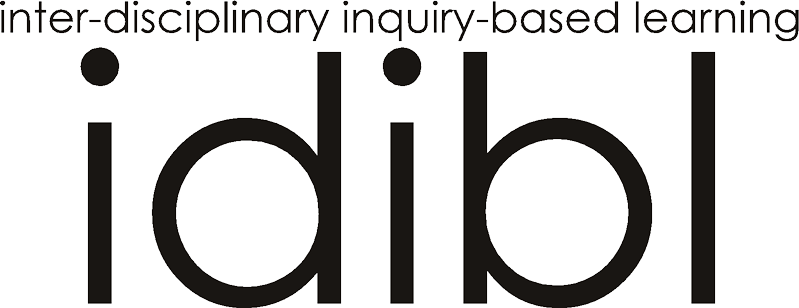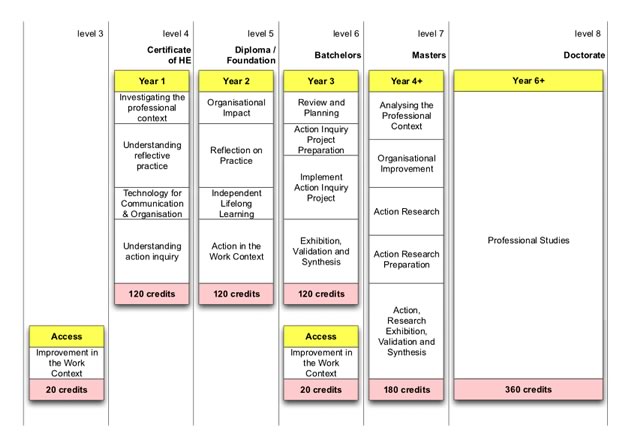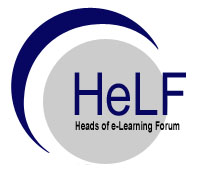I have been volunteering with Brentwood Community Print, working to advise Paul, their web developer, as he created a first web-site for them. First and foremost the company is a print shop serving the Brentwood area – they are quick, friendly and competitive – I ordered and got 250 business cards inside an hour. I recommend them without reservation.
Secondly, they offer a place for people recovering from mental illness, providing a challenging, supportive and happy context to build confidence and meaningful work to develop skills. I have really enjoyed my time helping Paul and getting to this point has been Paul’s success. It was particularly rewarding today watching him complete ‘job 1’ – a published web-site. Everyone pitched in with proof-reading, critical feedback and ideas for improvement, some of which will provide tasks for ‘job 2’, the next stage in what is an unending series of revisions to keep the web-site dynamic and increase its quality.
Well done Paul and all the team!






